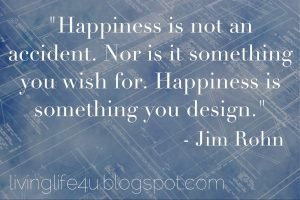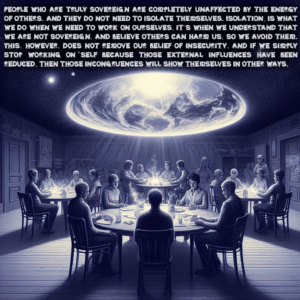
The notion that parents can inadvertently lead their children to feel disconnected or “zombified” is a poignant reflection of the complexities of human development and the impact of familial relationships. The use of the term “zombies” metaphorically suggests a state of disconnection or conformity that some might feel pressured into by societal or parental expectations. It also recognises that many people develop attachment issues that leave them determined to conform to some external concept of normal, to impress others that they have decided they need, to convince themselves they are normal. Normal is a codeword used by zombies to exclude and persecute anyone they believe does not fit into this concept of normal they have decided must be adhered to.
It suggests a deterministic view of human development, where parental influence is so strong that it can strip individuals of their autonomy, likening them to ‘zombies.’ This metaphor implies a lack of consciousness or free will, which is a significant topic in both psychology and philosophy. The mention of drug use as an escape from childhood trauma introduces the concept of self-medication, a common psychological phenomenon where individuals use substances to cope with unresolved issues or emotional pain.
The statement also delves into the philosophical debate of what constitutes ‘normality’ and the societal pressures to conform to certain standards. It criticizes the notion of normalcy, suggesting that those who claim to be normal are, in fact, the ones who have succumbed to societal expectations, losing their uniqueness in the process. This raises questions about authenticity and the existential responsibility of defining one’s self, which philosophers like Sartre have extensively explored.
The concept of “darkness” within a person is often used to describe the inner turmoil or struggles one might face. It’s a multifaceted issue, and the inability to suppress this “darkness” can manifest in various ways, not necessarily as a negative attribute but as a part of the human experience that requires acknowledgment and care.
Furthermore, the idea that embracing one’s ‘darkness’ or inner turmoil is seen as positive in the statement challenges conventional moral frameworks that often label such aspects of the self as negative. It brings to light the philosophical discussion on the duality of human nature and the potential value in acknowledging and integrating all parts of the self, a concept found in Jungian psychology.
The statement also implicitly critiques the social stigmatization of drug users by portraying their actions as a rational response to trauma rather than a moral failing. This perspective aligns with more compassionate approaches in contemporary psychology, which advocate for understanding the underlying causes of behaviours rather than simply condemning them.
The idea that drug use can be a form of escape from traumatic childhood experiences is a serious matter that touches on the fields of psychology and substance abuse. It recognises that some people find it impossible to suppress negative thoughts and feelings that were acquired during childhood, as a result of their parents’ subtle and not so subtle rejections of their individuality.
The statement also delves into the philosophical debate of what constitutes ‘normality’ and the societal pressures to conform to certain standards. It criticizes the notion of normalcy, suggesting that those who claim to be normal are, in fact, the ones who have succumbed to societal expectations, losing their uniqueness in the process. This raises questions about authenticity and the existential responsibility of defining one’s self, which philosophers like Sartre have extensively explored.
When it comes to the idea of normalcy, it’s a social construct that varies across cultures and time periods. What is considered “normal” is often dictated by the majority’s beliefs and practices within a society. The pressure to conform can lead individuals to suppress their unique traits and desires in favour of fitting in, which can be detrimental to one’s sense of self and well-being.
The desire for uniqueness versus the responsibility it entails is a philosophical debate about individuality and conformity. Being unique comes with the challenge of standing out and potentially facing criticism or isolation, while conformity offers a sense of security and belonging. This tension between individuality and the desire to belong is a central theme in many discussions about personal identity and societal expectations.
Overall, the meme is rich with implications, questioning the impact of upbringing on personal agency, the societal constructs of normality, and the ethics of self-expression and coping mechanisms. It invites a reevaluation of how we perceive autonomy, conformity, and the complex interplay between individual experiences and collective norms. Such a reevaluation is crucial in fostering a more nuanced understanding of human behaviour and the diverse ways in which people navigate their psychological landscapes.
Subscribe to our post updates - Don't miss a thing!!








